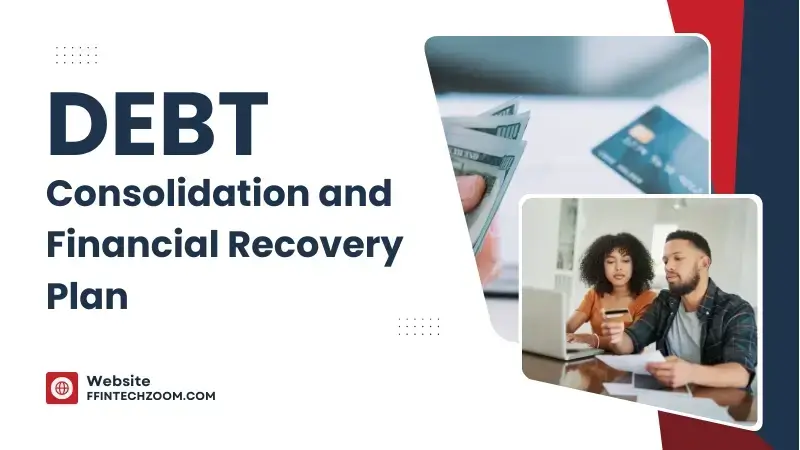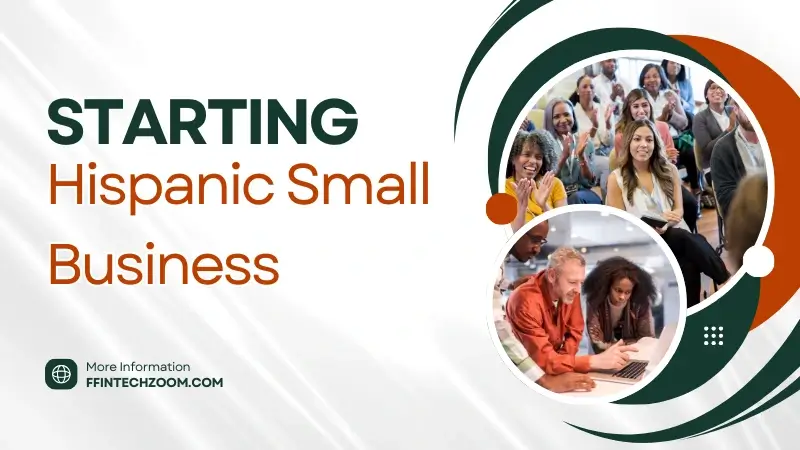What Is Debt Consolidation and How to Create a Sustainable Financial Recovery Plan
While recovering from debt can feel overwhelming at first, there are strategies you can use to get back control over your finances and stay afloat. When you have multiple little payments, debt consolidation is one of the strongest solutions to make it easier for you.

So, if you’re ready to take the reins over your financial future, this article will guide you through the definition of debt consolidation, how it works and how to create a sustainable financial recovery plan, so that you can enjoy a debt-free life once more.
Taking the first step is the most important part, so just by reading, you’ve already started. Good job!
Debt Consolidation: What is it?
Debt consolidation is the act of combining multiple debts into a single loan or payment with a lower interest rate in most cases. The main advantage of this strategy is that you can stay on top of all payments easily because it simplifies your monthly obligations.
This is most commonly used for credit card debt, unsecured debts, and even personal loans. The idea here is to reduce the number of payments you have to manage, lowering the total interest paid over months or years. Check out our comprehensive article on Misconceptions About Chapter 13 Bankruptcy for additional information.
How Does this Strategy Work?
It’s pretty simple; it works in two different ways. Either you take out a new loan or you enroll in a consolidation program to pay off your existing debts. Here’s the process in detail:
- Check out all your debts: Make a list of all your debts, including interest rates, amounts, and monthly payment dates. This is probably going to be daunting, but it’s important so that you know exactly what you’re facing.
- Choose an option of consolidation: you can either apply for a personal loan, use a balance transfer credit card, or even join a debt consolidation program if you have that choice. Each option has different pros and cons.
- Apply for the option that suits you best: once you’re approved, you can use the funds to pay off your existing debts. Close the paid-off credit accounts to avoid using them again and incurring more debt, of course. When you’re researching your choices, get more info on ways to keep your private information safe.
Research shows that total household debt increased by $93 billion to reach $18.04 trillion in the fourth quarter of 2024: you’re not alone. Do your research to find the option that fits your financial needs the best. You can even get a financial advisor to help you make the best choice with the available information.
Create a Solid Financial Recovery Plan
Consolidating debt is one step, perhaps the most important one, toward financial recovery. Make the most of it. What does this mean? Basically, make sure you have a plan to maintain good financial health in the long term. Stability does wonders for your mental health! We have also covered Personalized Loan Solutions on our website.
Set Realistic Goals for yourself
Don’t go overboard because you won’t be able to keep it. Whether it’s becoming debt-free, saving gor emergencies or improving your credit score, make sure to set both short and long-term goals for your particular situation.
After you’ve set these goals, break them down even further. Create steps and track your progress. Keep yourself motivated with small rewards, and celebrate victories along the way.
Create a Budget
No matter your financial situation, creating a budget is a smart way to manage your money. You can separate your money for necessities, savings, and debt payments. Of course, your monthly expenses shouldn’t go above your income, so when that happens, adjust your spending.
You can download a budgeting app or even create a spreadsheet to track your expenses and stay on top of your finances. A realistic budget will help you avoid overconsumption and prioritize whatever you need at the moment.
Build an Emergency Fund
Your recovery plan can be derailed if you have an unexpected expense. If your car or your fridge breaks down, you’re looking at hundreds of dollars spent in something you quite literally couldn’t have predicted yourself.
So, it’s time to build an emergency fund. Even a small one can save you from incurring more debt. Check out our comprehensive article on Top Trends in Debt Management for the Digital Age for additional information.
To Sum Up
Debt consolidation is great on its own, of course, but it works even better when you can count on a sustainable recovery plan. Set realistic goals, create a budget, and rebuild healthy financial habits. Take control of your finances to take control of your future.
Even the most intimidating debt can be paid off with solid tools to count on. Be patient, be persistent, and enjoy a debt-free future! You can visit Fintechzoom.com for more trending posts.



